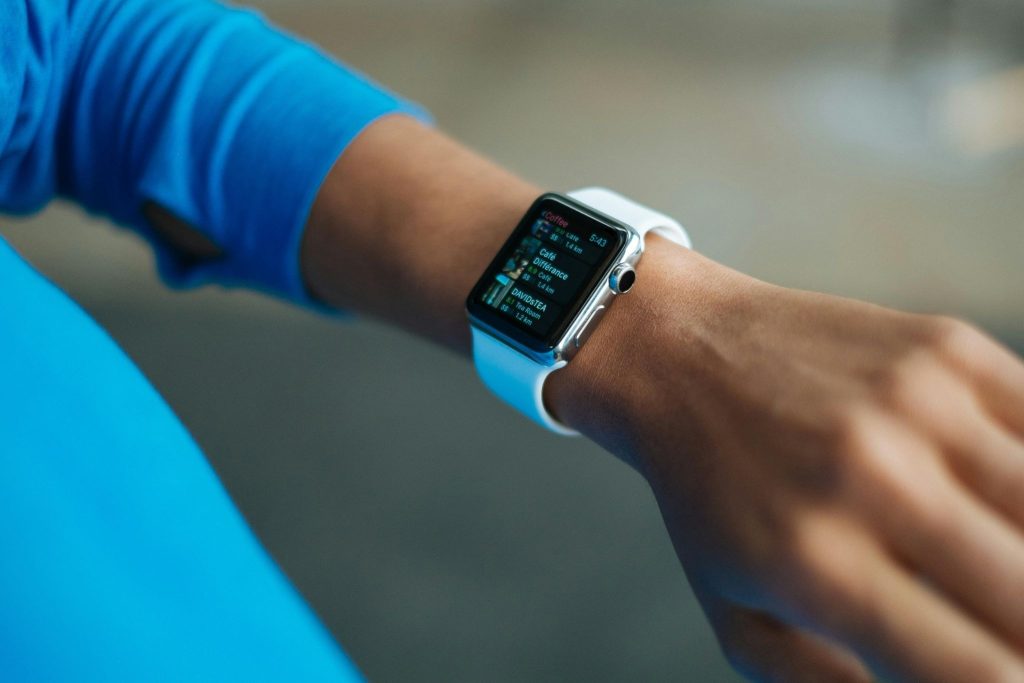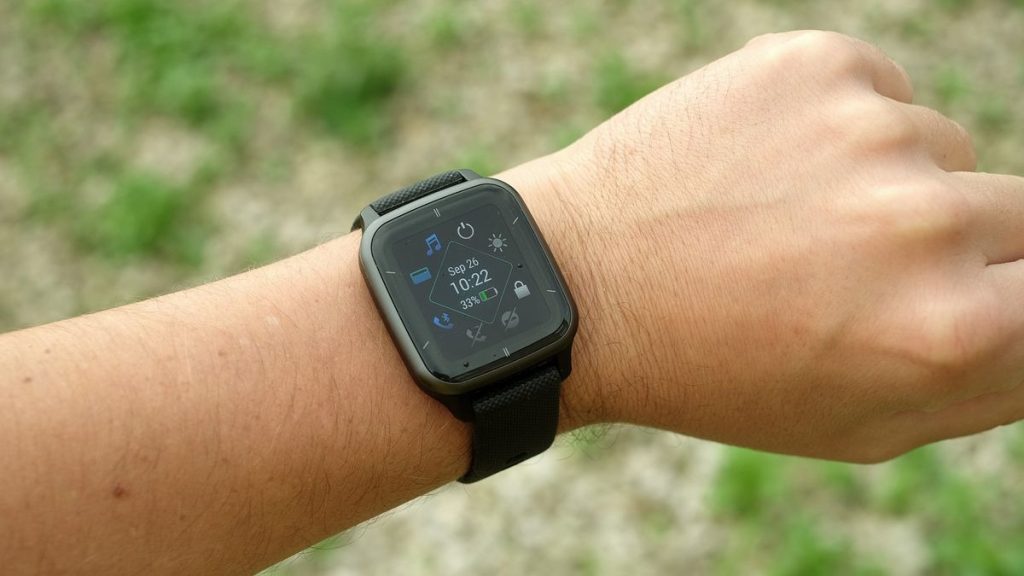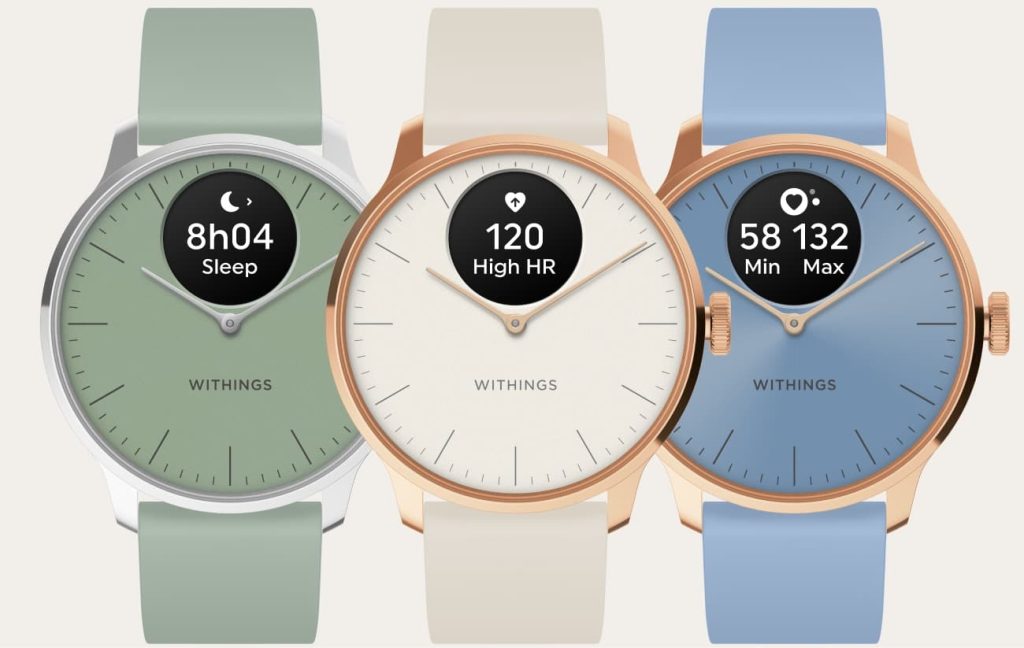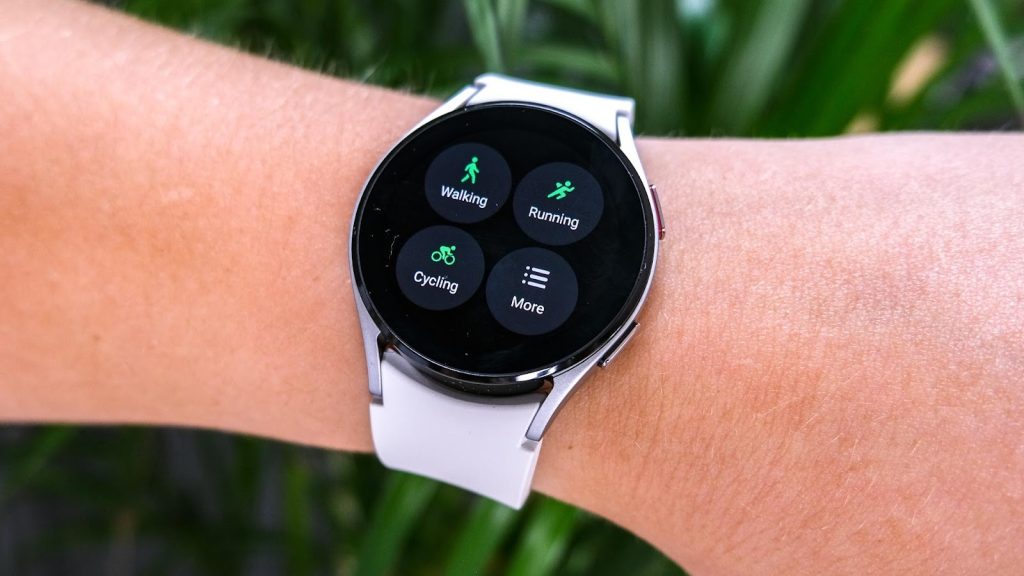
If you’re looking beyond Fitbit for your next fitness tracker or wearable, you’re not alone. Whether due to pricing, platform changes, or just looking for a fresh experience, many users are exploring alternatives.
This article walks you through why you might want a Fitbit alternative, key decision-factors, and the best alternatives across different budgets and use-cases.
Why Consider a Fitbit Alternative?
Here are some common reasons users switch:
- Platform & ecosystem shifts: Since Google’s acquisition of Fitbit, some features and account requirements changed, making some users uneasy.
- Cost vs value: Some alternative brands offer similar or even better features at a lower price point.
- Feature-set prioritisation: You may need built-in GPS, advanced training features, or long battery life which Fitbit models may not emphasise.
- Design and comfort: Fit, form-factor or even wrist size issues may motivate a switch.
- Data & compatibility concerns: Some users want more open export of data or compatibility with other apps.
What to Look for in a Fitness Tracker
Before picking a device, consider these major factors:
- Health & activity metrics: Steps, heart rate monitoring (HR), heart rate variability (HRV), sleep stages, stress tracking, SpO₂.
- GPS & sensors: If you run outdoors or cycle, built-in GPS (versus relying on phone) is important.
- Battery life: Some devices last 5-7 days, others 10-14+ days or more.
- Compatibility & app ecosystem: iOS and Android compatibility, data export, third-party integrations.
- Design / comfort / durability: Water resistance, strap design, size relative to wrist, display readability.
- Value (price vs features): Especially if you don’t need smartwatch features like apps or LTE.
- Smart features (optional): Notifications, payments, music storage, onboard apps.
- Future-proofing: Brand support, software updates, platform stability.
Top Alternatives to Fitbit
Here are five strong alternatives to Fitbit, across different categories and budgets:
1. Garmin Venu 3
Why it’s a top pick:
- Excellent all-rounder: fitness tracking + smartwatch features.
- Built-in GPS, AMOLED display, long battery life.
- Strong health metrics: sleep coaching, HRV, “Body Battery” style energy tracking.
- Works well for both Android and iOS.
Considerations: - Price may be higher than basic trackers.
- Smartwatch features may increase complexity.
2. Garmin Venu Sq 2

Why it stands out:
- A more affordable Garmin option while keeping many core features.
- Bright display, rich sport modes, good battery life.
- A very good alternative if you liked the Fitbit Charge/Versa style.
Considerations: - Slightly bulkier form compared to ultra-slim fitness bands.
- Some advanced features might still cost extra or be locked behind subscriptions.
3. Amazfit Band 7
Why it’s great for budget-minded users:
- Very strong value: large AMOLED display, 120+ activity modes, long battery life (up to 12–28 days depending on usage).
- Basic but solid tracking: HR, SpO₂, sleep, stress.
Considerations: - Lacks built-in GPS (uses phone’s GPS) unless you upgrade the model.
- Smart features are more limited compared to full smartwatches.
- App ecosystem and third-party integrations may be less mature.
4. Withings ScanWatch Light / Hybrid Watches

Best for style + fitness tracking:
- Combines analog (or hybrid) watch aesthetics with solid fitness/sleep sensors.
- Ideal for users who don’t want a sporty “watch” look but still want tracking.
Considerations: - May cost more than basic bands.
- Display and interaction capabilities may be more limited (less touchscreen/menu).
- If you want high-end training features, they may not match full sport watches.
5. Samsung Galaxy Watch (Active/Series)


Why consider it:
- If you’re on Android (especially Samsung), the Galaxy watches offer strong tracking + full smartwatch capabilities.
- Features like ECG, blood-pressure monitoring (depending on region), smooth OS.
Considerations: - Battery life may be shorter than dedicated trackers.
- Some health features may be restricted or only work fully with compatible Samsung phones.
- The price may be higher depending on the model.
How to Choose the Right Alternative for You
Here’s a quick decision guide:
- Budget tracker (< $100): Go with Amazfit Band 7 (or similar) for solid features and long battery life.
- Mid-range smartwatch/fitness hybrid: Garmin Venu Sq 2 gives excellent value.
- High-end fitness + smartwatch features: Garmin Venu 3 or Samsung Galaxy Watch are strong.
- Style-forward tracking (minimalist watch look): Withings ScanWatch Light.
- Focus on advanced training / sports: Look at Garmin’s more specialised models (though beyond this article).
- Platform compatibility: Android and iOS both supported in most devices, but features may differ.
- Battery life vs features trade-off: The more features/sensors/screen you have, the more you’ll charge often.
- App and data ecosystem: If you rely on tracking history, export, or third-party integrations, check the app’s capabilities. > One user commented: > “I’ve used a FitBit for years… the device itself is good … but I really want my data to be accessible in other apps.”
- Comfort & wearability: If you wear it 24/7 (for sleep/stress/HRV) make sure band comfort, size, and design suit you.
Final Thoughts
If you’re thinking of switching from Fitbit, you have many good alternatives in 2025. Whether you prioritise budget, features, design or platform integrations, you can find a device that better fits your lifestyle.
- If you want everyday tracking and don’t need full smartwatch features: Amazfit Band 7 is hard to beat for value.
- If you want a balanced wearable that tracks well and looks good: Garmin Venu Sq 2 or Withings ScanWatch Light.
- If you want a full-feature smartwatch & fitness tracker: Garmin Venu 3 or Samsung Galaxy Watch.
Take your time, compare what features you actually use, and pick a device you’ll happily wear daily — because the best tracker is the one you actually wear.


